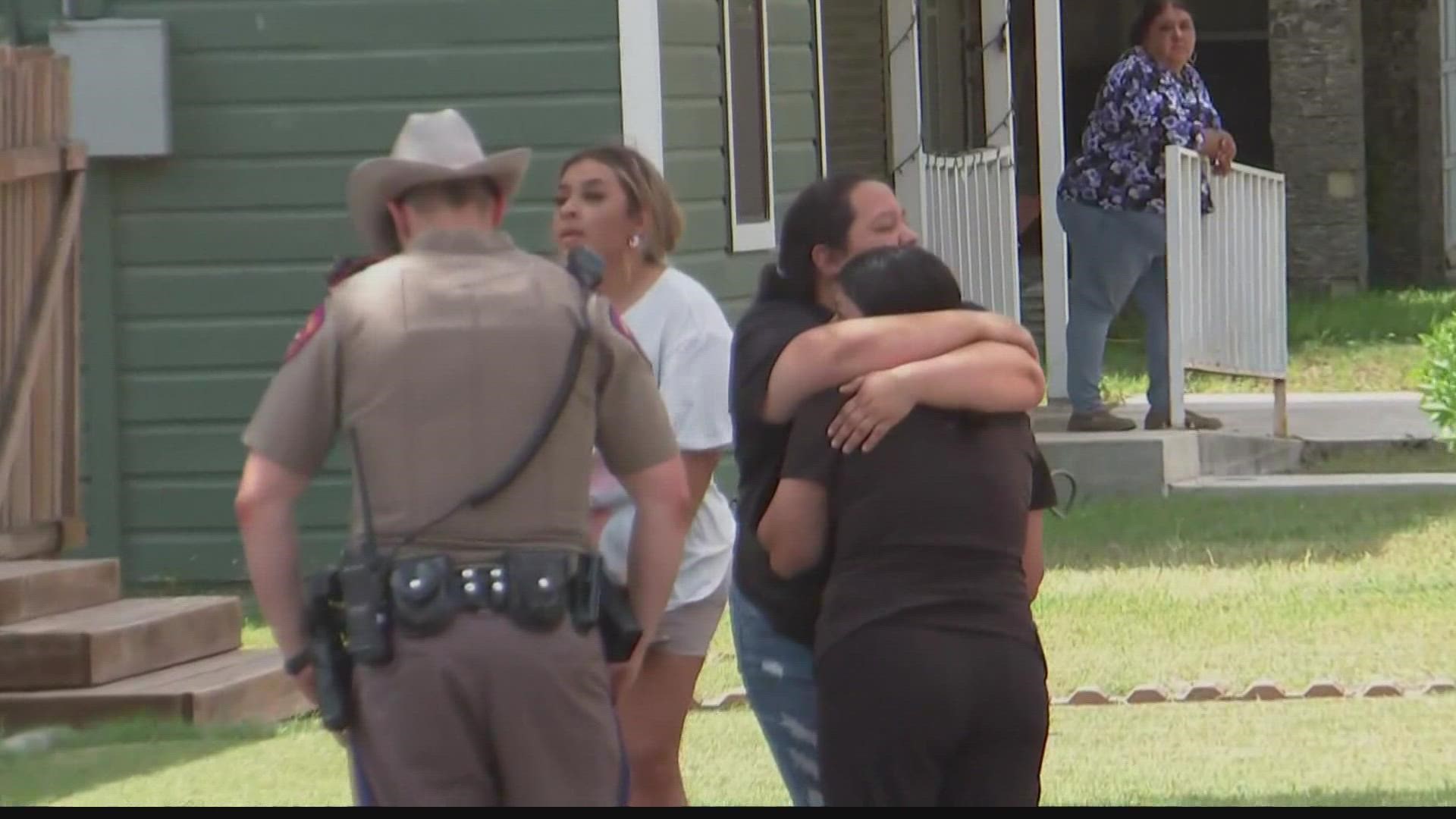ST. LOUIS — All eyes are on Texas, as another mass shooting rips apart families.
Now more than ever, the strength to speak up and speak out is encouraged.
"Don't be afraid to talk early about mental health," Dr. Mary Michaeleen Cradock said.
She's the Director of Behavioral Health at St. Louis Children's Hospital and notes it's important to talk to children about what's happening.
"Kids having a smartphone and accessing news on their own, parents may not know what they are exposed to so that's why it's important to be open. Have the discussions and respond to those kids with those needs," Dr. Cradock shares.
She explained for young children, they are thinking of possible fear.
"You can talk about their worries and how to keep them safe," Dr. Cradock said.
Dr. Bart Andrews with Behavioral Health Response agreed and said addressing your own emotions can be helpful, too.
"Acknowledge that this is a stressful thing, that this is troubling and how you are feeling about it. For our older kids, have very 'a matter fact' conversations of reality," Dr. Andrews said.
He said the response is imperative.
"It's important that we remain calm and we process our feelings in a responsible and helpful way and show our children it's OK to express emotions but we can also cope with these feelings that we're having," Dr. Andrews said. "Put threats in perspective because generating panic and having them upset is not going to keep them safe."
But no matter what, they ask you to tackle this head-on.
"Our natural instinct is avoidance," Dr. Andrews said. "I can tell you the research shows avoidance is a horrible horrible coping strategy."
He said part of coping is realizing we don't have control over certain factors.
But what we can control is how we respond and to reach out if we are needing a helping hand.
Dr. Andrews also said feeling the effects from trauma can always hit later on, about a week to 10 days later.
"It’s only after some safety has returned to people that people start reaching out for mental health assistance," he said.
Dr. Andrews said that's normal.
While these moments can feel isolating, it's important to remember that you're not alone.
"One of the best coping strategies to reach out to somebody who cares and getting those feelings out, talking about it and not feeling so alone in the moment," Dr. Andrews said.
The Missouri Chapter, American Academy of Pediatrics(MOAAP) included some signs to monitor if your child is having trouble processing this event:
- Sleep problems
- Complaints of headache, generally feeling unwell, or even loss of appetite
- Regressive behavior changes like clinginess, immaturity, or other changes in mood or behavior
- Emotional issues such as sadness, anxiety, fear or depression
If you're in a crisis or need someone to talk to, you can reach out to Behavioral Health Response 24/7 at: 1-800-811-4760 or at its local number: 314-469-6644.

